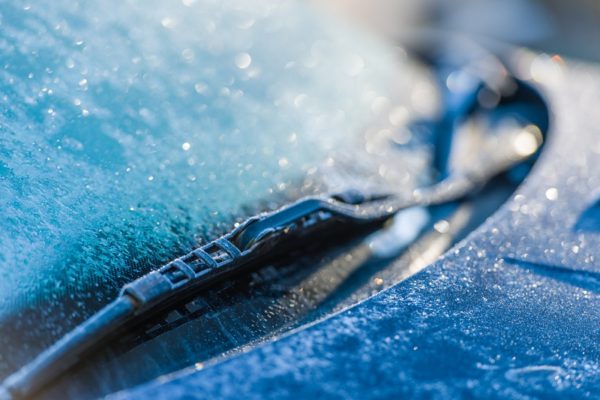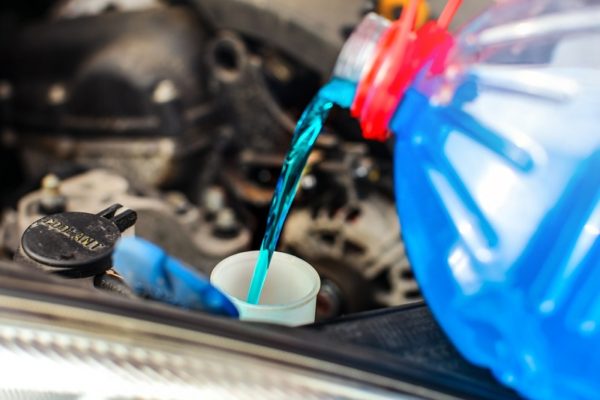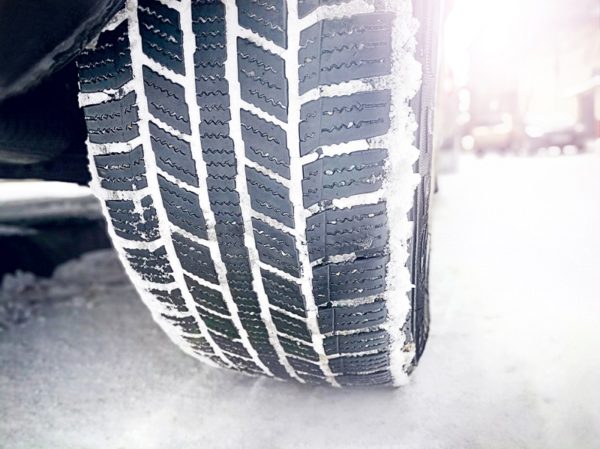Car Winterization Task List
When you live in Wisconsin, winterizing your vehicle is important. Below are essential winterization tasks to as your mechanic about. If you’re in the Burlington area, schedule winter maintenance with Wisco Automotive!
Oil Change
In cold weather, the oil in your vehicle is going to thicken, making it a less effective lubricate. That’s why you should switch to a lower viscosity (thinner) oil in the winter. Check your owner’s manual to see what oil viscosity is right for your vehicle in the winter.

Windshield Wipers & Fluid
Your windshield wipers should be changed annually; sooner if they become worn or frayed. In Wisconsin, where we have harsh winters, most vehicle owners opt to buy winter wiper blades to ensure the best visibility even in bad weather. Your windshield wipers can clear precipitation but they need extra help removing the salt that gets kicked up on your windshield. That’s why it’s also important to fill your washer fluid before winter.
Belts & Hoses
Like many other vehicle components, the cold is going to affect your belts and hoses. If they are cracked or worn, they likely won’t last long in the winter. Inspect your vehicle’s belts & hoses and replace if needed.

Anti-Freeze
In the winter, antifreeze prevents water in your radiator and engine from freezing. You want a 50/50 mix of antifreeze in water. You can pick up a tester for antifreeze at an auto parts store, or your mechanic will complete this task during your winter maintenance appointment.
Car Battery
The extreme cold we experience during winter seriously affects your vehicle’s battery. If your battery has a low charge, there’s a good chance you won’t be able to start your vehicle when negative temperatures hit. Ask your local mechanic to test your battery and replace it if necessary.

Tires
Have the treads on your tires checked before winter. You want good traction on snowy roads, and worn tire treads won’t provide the grip you need. If you’re worried about snowy weather, ask your mechanic about winter tires. They are designed with a soft rubber that yields flexibility in extreme cold and tread patterns that provide more traction than all-season tires.
It’s important to check your tire pressure and keep them properly inflated during the winter. Cold temperatures will reduce your tire pressure so you will see them fluctuate throughout the day as the temperatures and tires warm.
Four-Wheel Drive
If you have a four-wheel-drive vehicle, have your mechanic check that it is working properly. Four-wheel-drive offers better traction on icy or snowy roads. Unfamiliar with how your four-wheel drive works? Consult your owner’s manual.
